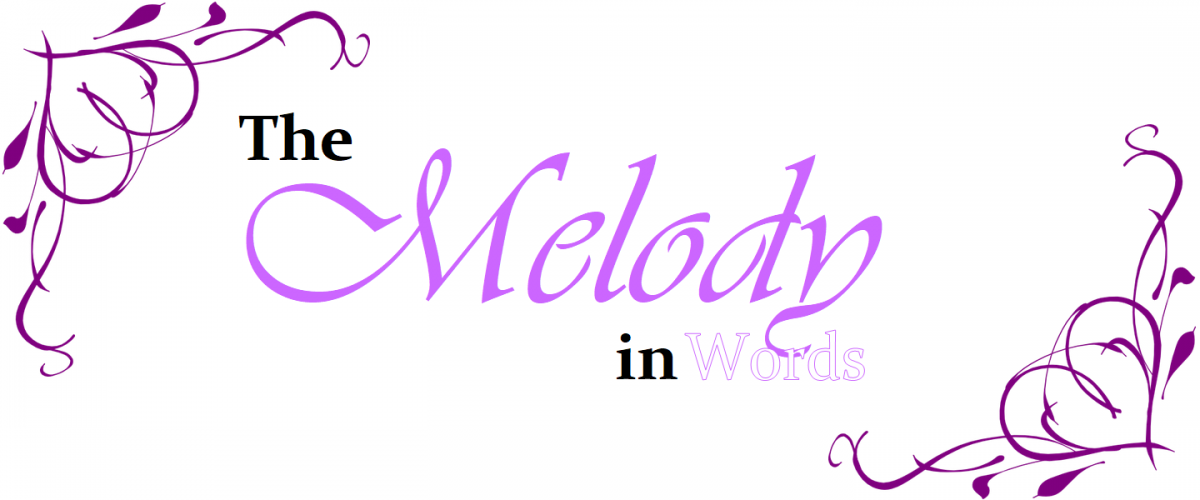A few days ago I saw a discussion online about how setting oneself a reading goals affects reading habits. I am certainly familiar with the feeling one gets when the year is coming to a close and the realization that the number of books read throughout the year is quite different from the number of books we had set as our reading goal. I have felt the pressure to finish a book or pick up a new one quickly just so I can stay on target. It is a self-imposed pressure, for sure, but it is still affecting my reading experience and not necessarily for the better. It sounds silly when I say it, but I will admit I have rushed through books that I wish I had spent a little more time on. I have forced myself to finish books that I wasn’t enjoying just because I felt pushing through and finishing the book I was reading would get me closer to my goal faster.
Embarrassing as it is to admit that, it got me thinking about how I set my reading goals for the year.
So how does one set themselves a motivating goal? What works for me is to try to go for a number of books that gives me room to take breaks while encouraging me to keep regularly reading. Reading slumps happen, no matter how much of a book lover you are. Even if you read 300 books a year, sometimes you’ll have weeks or even months during which you would rather watch a movie, play videogames, exercise more or just do something else. For me, it is important to give myself time to be on a reading slump or to take some extra time to be picky about my next read.
This is an approach that I have taken rather recently after realizing that setting myself goals that didn’t match my reality was hurting my reading experience.
You might have noticed I am using the word goals instead of talking about challenges. This is also an important distinction to make. For a long time those words were synonyms in my head. I would “challenge” myself to read 40 books a year. The word challenge should be an indicator that we’re proposing ourselves to reach a certain goal that is slightly out of our comfort zone. However, if by December I had “only” managed to read 35 books, I would perceive that as a failure even though that’s more books than I would normally read in a year.

Ultimately reading goals and reading challenges should help us choose our next book better and encourage us to read more, having fun while doing so. If you set yourself a target that is too ambitious and end up reading books you aren’t really interested in or don’t enjoy just to reach that goal, your reading experience suffers and you might end up in a reading slump.
If by the end of the year, you didn’t reach your goal and it gives you a sense of failure or it negatively impacts your perception of the reading experience, perhaps it’s best to set yourself a different target next time. Maybe instead of challenging yourself to read 50 books a year when you usually read 20, set yourself a goal to read 25. You’re more likely to reach that goal and once you do, you might feel like you can do more and you can readjust it to 30, then 35.
Setting yourself a smaller goal might give you more time to you choose your next book more carefully. You might end up enjoying your reading experience more and feel more motivated to read a few “extra” books, which will also give you a feeling of accomplishment. You might surprise yourself in the end.
